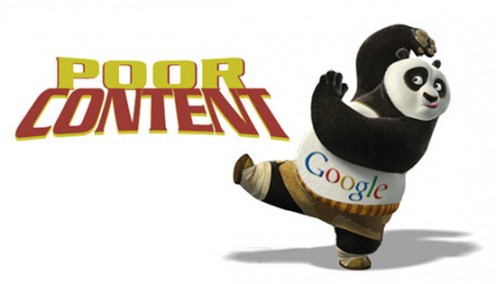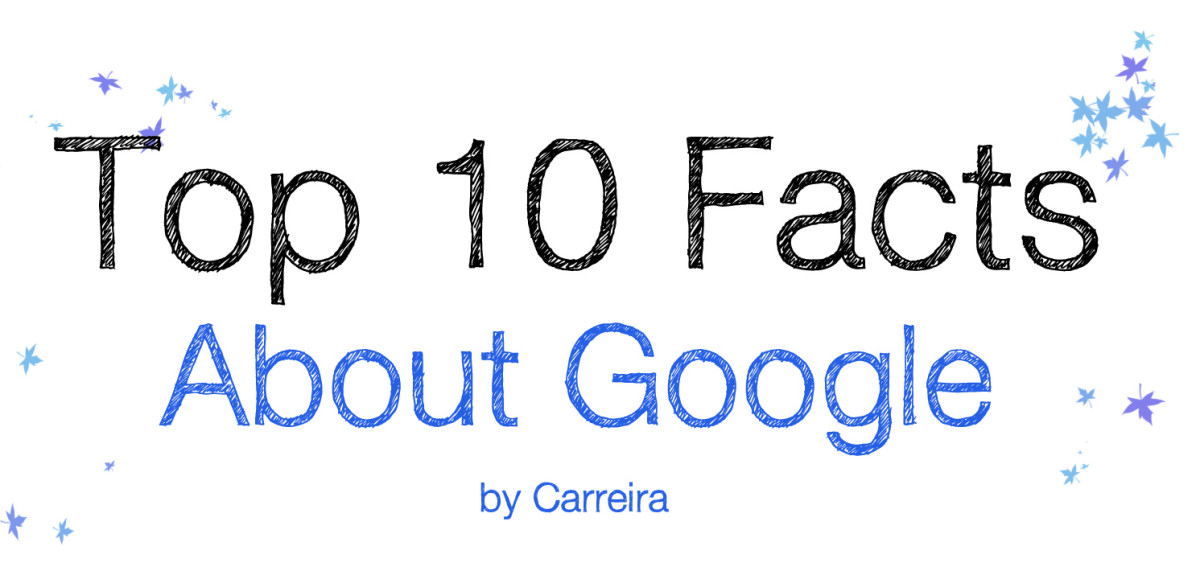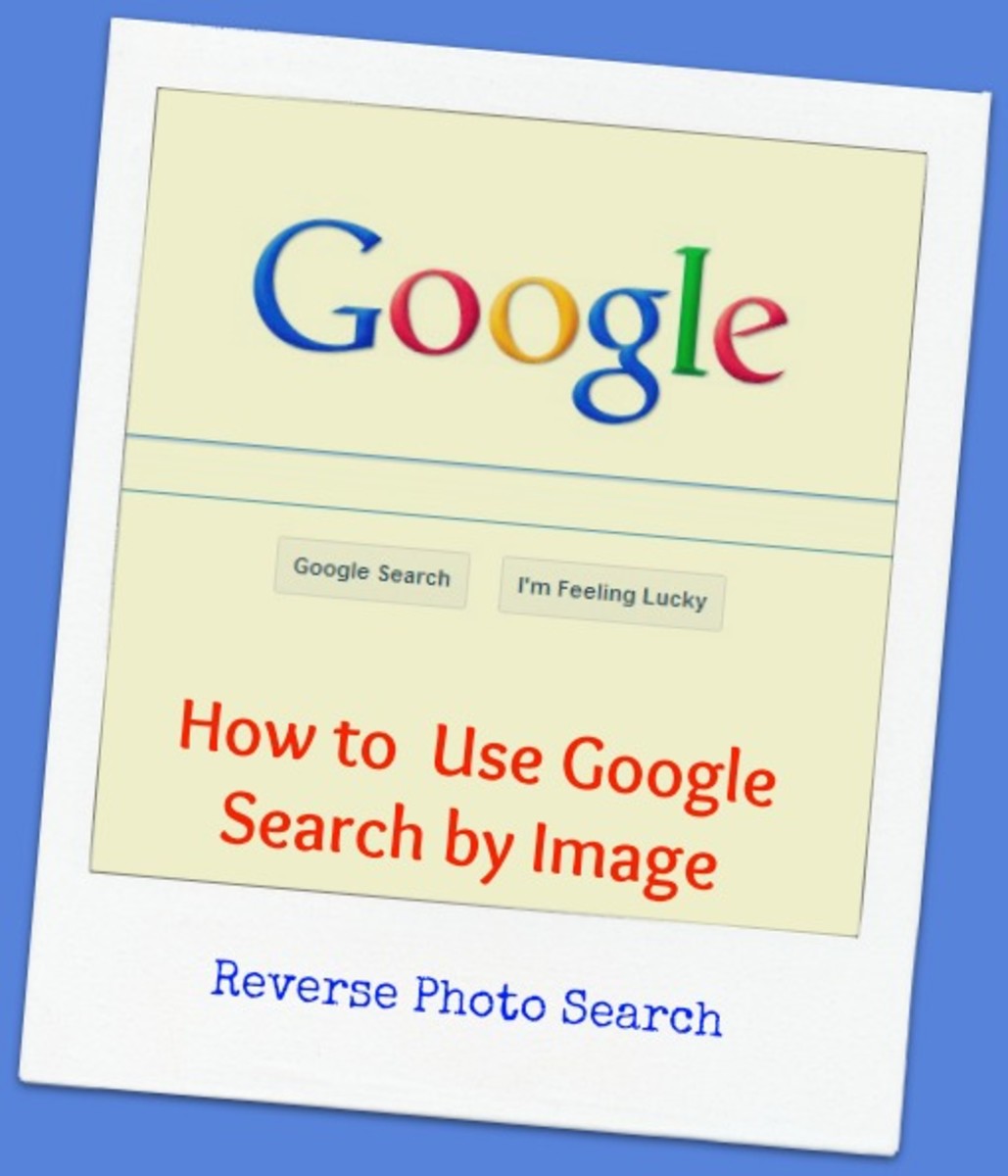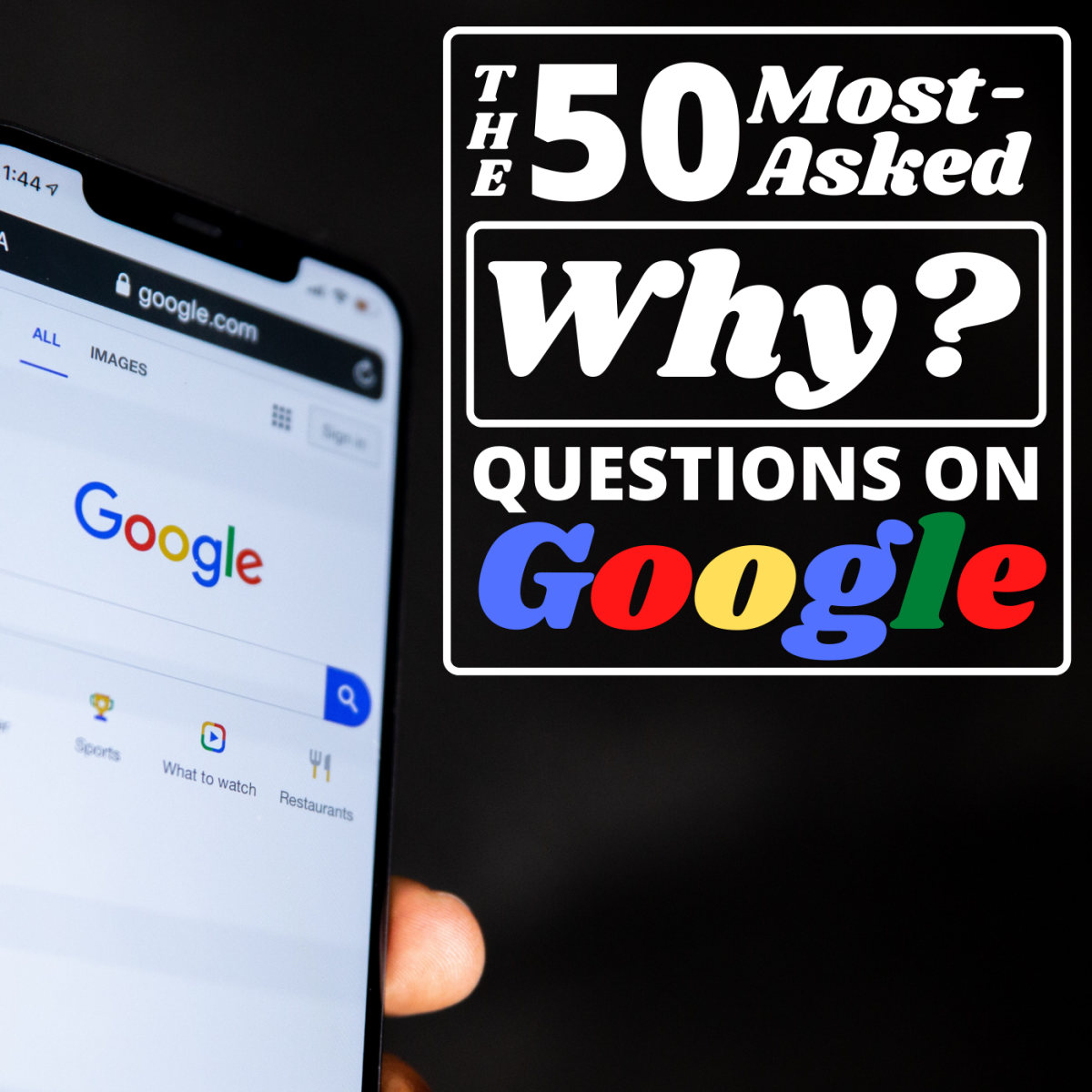- HubPages»
- Technology»
- Internet & the Web»
- Search Engines
How Does the Google “Panda” Update Affect SEO Article Writing?
There has been a recent update in the algorithms that Google uses to rate content on the web. This new algorithm has been put in to help establish a better experience for the web surfer. In the past, many website users could use tricks to circumvent specific websites to help them get to the top pages of Google quickly. These people got away with publishing low quality articles, websites, and other content that was not very useful to the end user.

Google has tried to help facilitate this problem by implementing a new algorithm Known as “Panda.” It was first known as a “farmers update” in the initial releases because the website that were affected were the ones that had little no useful content and only ads on them. Pit was given the name “panda” by one of the developers to honor the head developer at Google in the “panda”project.
Google has stated that this update “was in response to customer feedback” Which his true. People do not want to surf and come across information that is just garbage. They want the real information they are searching for. So, in light of this Google has continued to update “Panda” roughly every 6-8 weeks. It continues to target the copied material and low quality websites. These websites can be legitimate websites they are given the opportunity to improve themselves and if they do Panda will allow them to raise in the search results again. This allows the websites a fair chance to regain their rankings on the next update of Panda.
What does the Google Panda update do?
The biggest tell tale signs that your particular sites have been affected is by the amount of reduction in your rankings on Google. If, you were on the first page, and now on the seventh page then it may be time to evaluate your sites. If, you had a content farm on the web with just a lot of ads it may be time to put all that work to use making useful content.
When Google “bot “explores the web they are trying to find the most original content that it can. If, it meets the specific criteria that Google has allowed for it then it will be displayed as that content to the web surfer. So, have original content, fewer links, and fewer ads this will allow Google to determine it is the best content for displaying in the top of the SERPS.
One other thing that “panda” is searching for is the title of the article. The title of the article must match the content on the page it is printed. If, it is not the same then it goes down in the rankings. A lot of websites have been affected, nut the ones who have followed the useful recommendation have done even better.
Panda's effect on SEO Article Writing
When people ar publishing articles on websites for SEO a lot of times quality of the information in the article has suffered. This was being used to, specifically raise the awareness f the brad or website owner that wrote it. With “panda’s” algorithm in check this has allowed the expectations of getting valid information a lot easier. So, if you have content that has the right information that a user will get out of it in your SEO article then it will be placed at the top of the search results in your keywords.
Panda is really big on originality of the information you are presenting. If, you simply copy and paste information from another website it will simply be bypassed and sent into the Google void. So, when you are writing a new article always use plagiarism detection software to help you identify portions of it that may be in conflict. This way it will rank better with original content.

- SeoProfile | Complete SEO Solution
The all-in-one web-based SEO software tool solution - Get high website rankings
How to Keep Up with the Panda?
With the every changing algorithm of “panda,” many people assume it is not worth it to keep writing because they will constantly change it. This is true to some extent. There are many things that you can do all the time that will help keep you at the top of the ranks.
1. Provide your readers with unique, original, and valid information. If, you provide this type of information to your readers they will come back again and again.
2. Provide fresh content on a regular basis for your website. If, you find related information do not be afraid to add a link to your website to that other information.
3. When creating SEO articles then try to use your own words and avoid using quotes from other sources. In some instances, this is fine, but if it is strictly a traffic generating article then avoid quotes because it can be seen as duplicate content.
4. The longer the article the better. Because, the more information you are able to put into an article the more information you are providing to the reader. As a result, of this “panda” looks for original articles that are more than 400 words.
5. Write naturally. Do not use overwhelmingly big words unless you are writing a medical dictionary. Research your chosen topic, and allow your own views of the information to come out in the article. Do not overuse the same keyword more than 2 percent in your article.
- 5 Simple Reasons Why SEO Is Important
Today it is more important than ever to have your business presence online. However, when you put up a website that is only the beginning next you have to drive traffic to your business site let me tell you why. - Tips for Local SEO
Being able to find your business in local searches is essential for your local businesses. Herer are some of the top tips in getting your site listed in the top places in google with local searches from your city - Truths and Myths about SEO
there are many ways to do SEO however with al the information out there what do you beleive? lets take a look at the truths and myth about SEO - Writing Articles for SEO Traffic
When we are writing articles for our websites, blogs, or other outlets we need to concentrate on the search engine optimization. Let’s take a look on how to optimize those articles in 5 simplified steps










